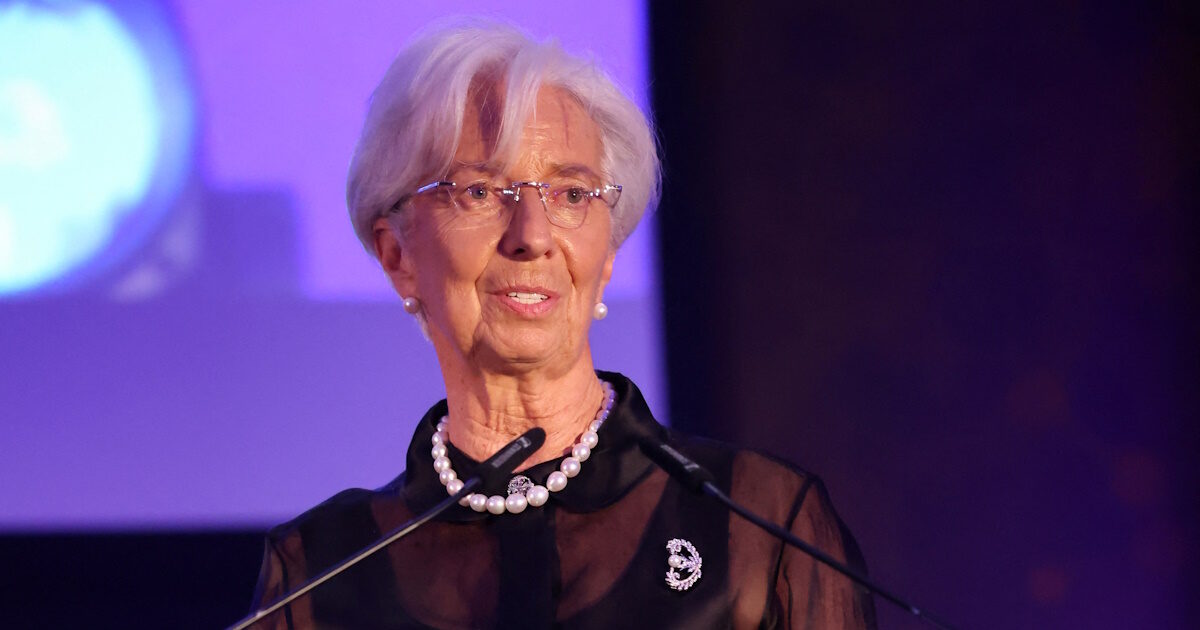The fastest reduction in interest rate It will probably be one of the few positive consequences of the aggressive and all -duty tariff policy of USA.
If, before the US President Donald Trump on April 2 on “payroll” duties, the decision to reduce interest rates of 25 points by the European Central Bank at the Holy Thursday meeting, April 17, did not seem to be easy for April. If it is indeed decided, it will be the seventh after June 2024, with the ECB’s deposit rate dropping to 2.25%.
The new order of things in the world trade promoted by America has changed the macroeconomic prospects, on the basis of which monetary policy decisions are taken, especially the prospects for growth. EKT predicted in early March, taking into account only the impact from the US-China trade war, a anemic recovery of the eurozone economy of 0.9%.
Following the announcement of reciprocal duties, 20% for most imports from European Union countries, the prospects for growth deteriorated, despite their decrease to 10% for a period of 90 days. And this is because the purpose may be to reach an agreement through negotiations by EU trade officials with their US counterparts, but what will be their outcome cannot be discounted. That is why European Commission President Ursula von der Laien said on Thursday that EU countermeasures will begin to apply if the negotiations are not satisfactory, adding that “all options remain on the table”.
Exports to the US have been negatively affected as the few 10% duties are already in place, as are the 25% sector duties announced last month for steel, aluminum and cars. The landscape, therefore, for European businesses is already very different from the previous commercial regime.
In addition, the uncertainty about commercial policy shakes the business climate and leads to suspension of investment until the landscape is clarified.
Consequently, the risk of deteriorating already low prospects in Europe is more than visible. According to analysts asked by Reuters, the negative consequences of duties will be greater than the positives of Germany’s shift in increasing public spending, with investments of 500 billion. Euro for infrastructure over 10 years and a large increase in its defense spending.
The faster reduction in the ECB’s interest rates will, with this data, be given the possibility of a support to the European economy, as inflation is already moving in accordance with the targets set. According to Eurostat, inflation in the eurozone decreased in March to 2.2% and moving close to the 2% target, and it is important that inflation in the service sector has also decreased.
The large appreciation of the euro over the dollar in the last two months, due to Trump’s tariff policy, further facilitates inflation reduction, as well as a sharp decline in oil prices, with Brent dropping up to $ 60-65 a barrel.
On the other hand, inflation could move upward if the EU responds to US tariffs, but which is not foreseen before a picture of the US negotiations. In any case, the picture that exists is that inflation will not be derailed by its goal.
Source: RES-EIA
